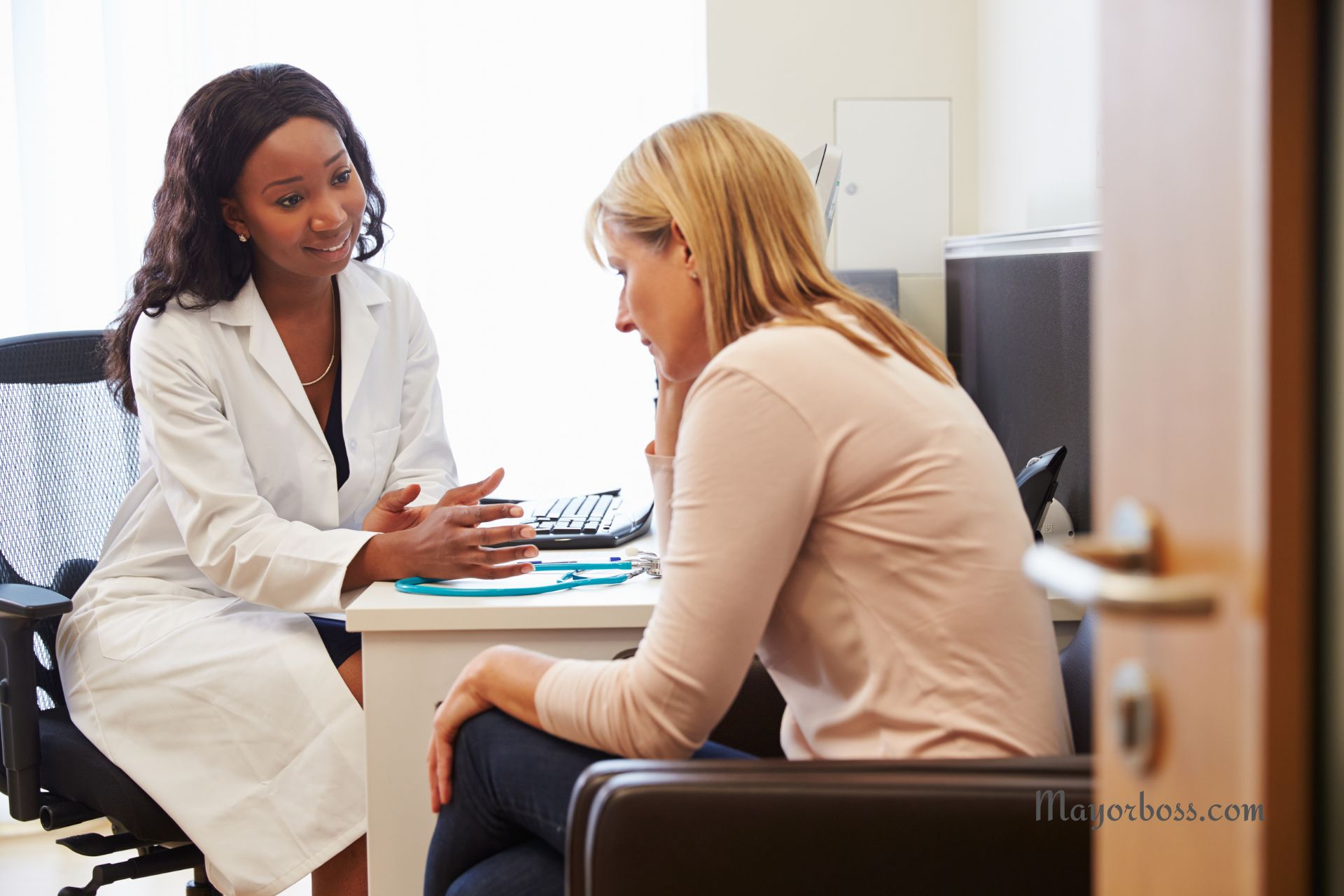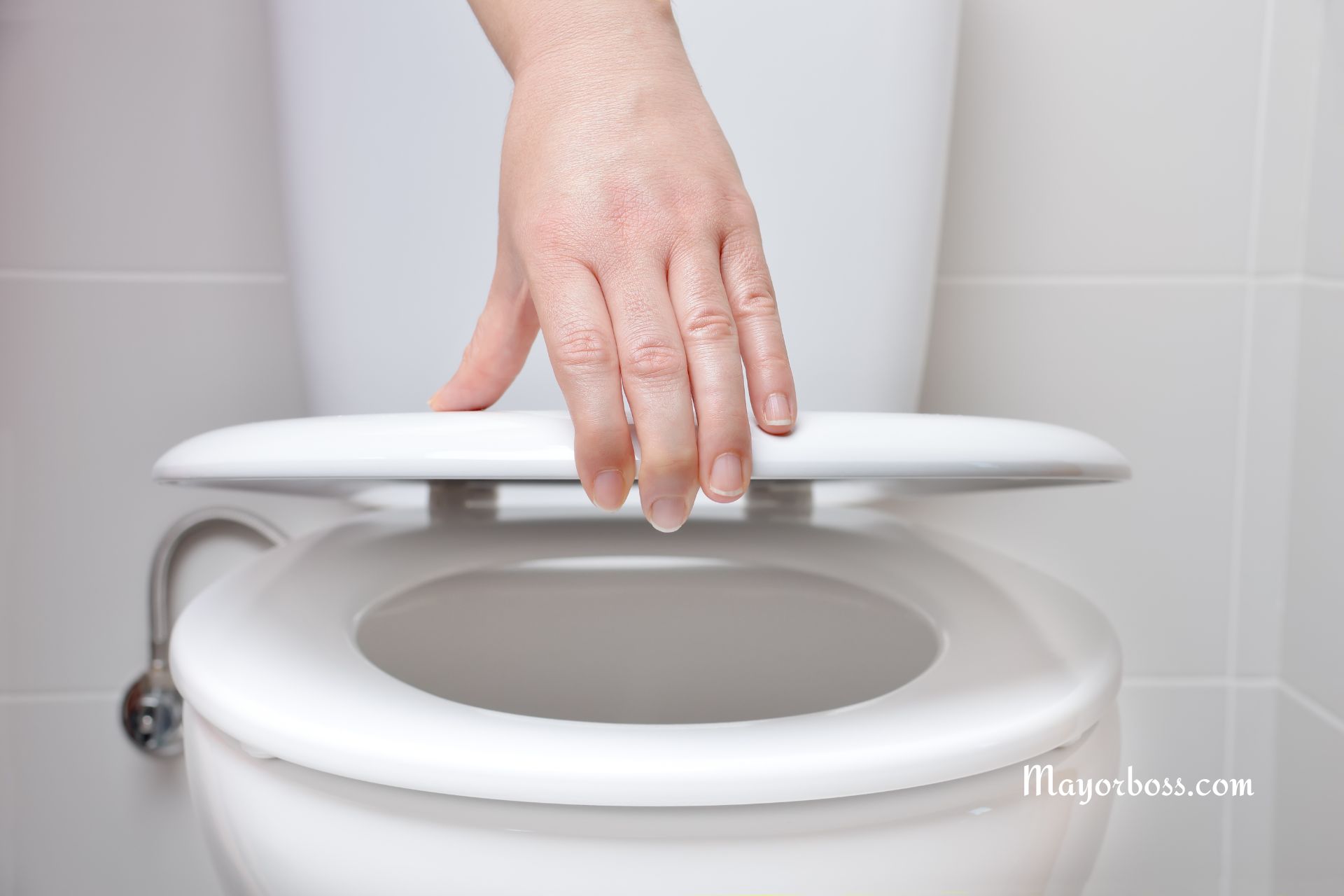7 Signs You Have Healing Skills

Healing skills are a unique set of abilities that some people possess, allowing them to positively affect the physical, mental, or emotional health of others. While traditionally associated with medical professionals, these skills can also be evident in everyday interactions and behaviors. Perhaps you’ve always felt drawn to caring for others or have a knack for soothing people’s pains and worries. But how can you tell if you genuinely have healing skills? Here are seven signs that might indicate your natural ability to heal.
1. People Naturally Gravitate Towards You for Comfort
Have you noticed that friends, family, and even strangers often seek you out when they’re feeling down or in distress? This could be because they find your presence comforting and calming. A natural healer often radiates warmth and safety, making others feel at ease in their company. Isn’t it true that the best comforters often don’t have to say much at all? Their mere presence can make a significant difference.
2. You’re Highly Empathetic
Do you feel deeply attuned to the emotions of those around you? Empathy is a core component of healing, enabling you to understand and share the feelings of another. This deep connection can help you to provide the emotional support that is crucial for healing. Interestingly, it’s not just about feeling for someone; it’s about feeling with them, isn’t it?
3. You Have a Calming Effect on Others
Consider this: When you enter a room, do you notice a shift in the atmosphere? If your presence can soothe and diffuse tension, this is a powerful sign of healing abilities. People with healing skills often have a tranquil demeanor that can help stabilize chaotic situations. So, next time you calm a stressful situation, think about the impact of your presence.
4. Intuitive Understanding of What Others Need
Sometimes, do you just “know” what someone else needs without them saying it? This intuition is a hallmark of healers. You might instinctively know the right words to say, or perhaps you recognize when silence is more appropriate. This intuitive sense can guide you to act in ways that nurture and heal those around you.
5. You’re Drawn to Healing Professions or Roles
Have you ever felt a strong pull towards careers or volunteer positions where you can help others? Whether it’s medicine, counseling, teaching, or another supportive role, a natural inclination towards helping professions is a significant indicator of your healing capabilities. This isn’t merely a career choice—it’s a calling, isn’t it?
6. You Have a History of Overcoming Personal Trauma
Healers often have their own histories of pain, which they’ve worked through and overcome. This personal experience with healing can empower you to help others on their journeys. Isn’t it often said that those who have faced and conquered their sorrow are better equipped to guide others through similar challenges?
7. Others Tell You How Much Better They Feel Around You
One of the most affirming signs of healing skills is the feedback from others. Do people often tell you that they feel better just by having spent time with you? Whether it’s feeling more uplifted or physically healthier, the positive impact you have on others’ well-being is a clear indicator of your healing abilities.
Frequently Asked Questions
Q: Can anyone develop healing skills?
A: Absolutely. While some people might naturally exhibit these traits, healing skills can be nurtured and developed through practice, empathy, and education. It’s about being open to understanding others and wanting to make a positive difference in their lives.
Q: Are healing skills only relevant in medical fields?
A: Not at all. Healing skills are valuable in any setting where support and empathy are needed. This could be in education, counseling, customer service, or even in your personal relationships. Healing is about more than just physical health; it’s about fostering well-being in every aspect.
Q: How can I enhance my healing skills?
A: Enhancing your healing skills involves cultivating empathy and practicing active listening, and often, formal training in a related field can be beneficial. Additionally, being mindful of your own needs and maintaining your well-being is crucial as it enables you to be present and supportive of others.






